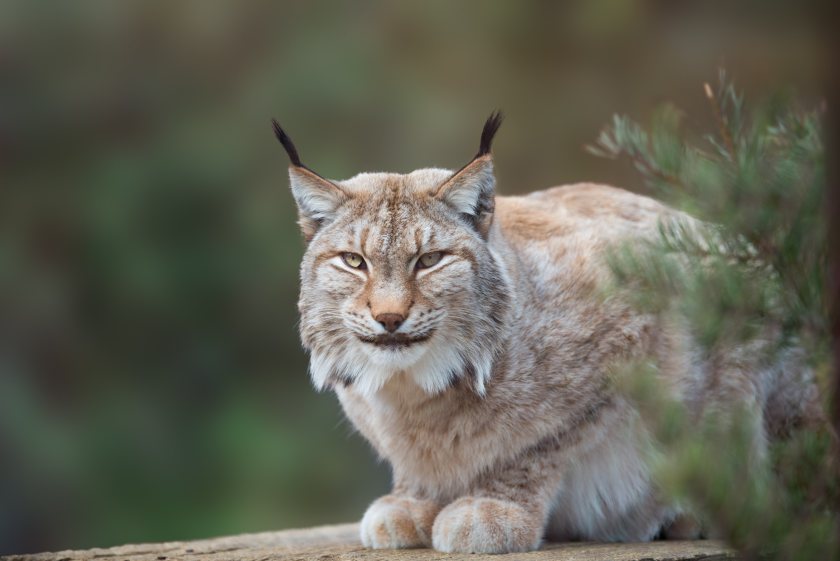
The sheep sector has again raised concerns over possible plans for a licence application that could see a predator species released into the landscape.
The National Sheep Association (NSA) has called for a 'full consultation' before any decision is taken to reintroduce the Eurasian Lynx.
It comes as the Northumberland Wildlife Trust wants another 'conversation' on the topic, while in Scotland, a similar initiative is underway as part of the Lifescape Project.
The NSA said it stood by the position it formed around the last application in 2018 by Lynx Trust UK - an application rejected by the Defra Secretary at that time.
The body's chief executive, Phil Stocker said there must be 'practical and science-based evidence and reasoning' behind any potential reintroductions.
He said: "NSA would advocate for a case-by-case approach to ensure there is a robust and clear strategy to ensure unintended consequences are avoided.
"As an organisation we will engage constructively with this conversation, on the understanding that it will inform whether a formal consultation should proceed in advance of any licence application.
“As sheep farmers, we will be far more directly affected than most and we have a duty and a right to express our views."
Evidence has shown that some European sheep flocks suffer great losses due to lynx predation.
In the UK, the sheep sector says the impact of lynx reintroducing is far reaching, including the stress placed on farmers knowing that an apex predator is in the vicinity.
Mr Stocker said few farmers would "sleep easy at night" thinking their sheep might be being attacked by a lynx.
"We know the effect that domestic dogs attacking sheep has on farmer anxiety levels and the repulsion these attacks are met with by the public," he added.
“We have to think carefully about how the destruction of a livestock farming sector would change the countryside, our rural communities and the ecology and nature that most farmers are already working hard to further improve."
